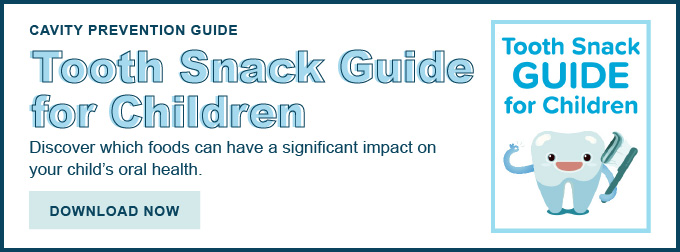Why Hasn’t My Kid Lost a Tooth? If your child hasn’t lost their first tooth…
Why Do Dentists Fill Cavities in Baby Teeth?
When your child gets cavities, it may be daunting as a parent to think about your child having their teeth drilled for a filling. Many parents consider foregoing the procedure because baby teeth end up falling out anyway. However, just because baby teeth are not permanent does not mean they are not critical to your child’s overall dental health. Dentists highly recommend all cavities be filled as soon as possible, no matter the child’s age.
For children’s cavity prevention in Muscatine,
call (563) 607-5979
Why Do Dentists Fill Cavities in Baby Teeth?
Dentists fill cavities in baby teeth because, simply, a cavity is a cavity. Baby teeth begin to grow in at about six or seven months of age and fall out gradually between six and twelve years old. Cavities form due to plaque, bacteria growing from sugar on the teeth, and cavities can form at any age.
Related: When Do Baby Teeth Fall Out (and How Many)?
If a baby gets a cavity at one year old, untreated, it will stay with the child for years, potentially causing extensive discomfort and further dental issues. Fixing the cavity can prevent more severe, potentially permanent, damage to your child’s teeth. Despite the age-old joke that candy companies keep dentists in business, dentists encourage their clients to lay off the sweets and protect their dental health. They would prefer your child come in for a routine dental check-up than for an extraction just as much as you would.
Are Fillings for Baby Teeth a Waste of Time?
Fillings are not a waste of time, especially if the cavities form well before the baby teeth are due to fall out. Filling the cavities can prevent unnecessary toothaches and minimize further deterioration of the tooth. Cavities left untreated can worsen until the entire tooth needs to be extracted, which can disrupt normal development of your child’s jaw, leading to complications when the permanent teeth grow in.
By filling a cavity when your child is young, you will prevent the need for more involved, and expensive, procedures on your child’s mouth. Braces may be be the least of your child’s problems.
Related: Where Are Cavities Most Likely to Be Found?
Untreated Cavities in Baby Teeth
When a cavity is left untreated, it gives the cavity time to grow as the bacteria can continue to eat away at the tooth, weakening the enamel and dentin. The damage can spread to other teeth and potentially to other areas of the body. If the tooth decay worsens, then the tooth and any others riddled with cavities may need to be extracted.
An untreated tooth will also cause continuing toothache for your child. This pain may lead children to refuse certain foods because they are too painful to eat, which can be detrimental to their overall nutrition and health. Many kids are already picky eaters, so keeping their teeth in good health could make meal time as a parent just a little simpler.
Do Cavities in Baby Teeth Affect Permanent Teeth?
Yes, they can affect permanent teeth. Children need their baby teeth in order to hold room for their adult teeth, but because baby teeth are smaller and weaker (less mineralized), they are more susceptible to cavity spread. This can lead to more extractions and spacers. While spacers are made to be hold the place of the extracted teeth, proper dental hygiene needs to be maintained to ensure that your child’s adult teeth have the proper space to grow into.
While filling cavities in baby teeth may seem unnecessary because baby teeth are not permanent, baby teeth are just as important as adult teeth. Baby teeth are placeholders for adult teeth, and if baby teeth are damaged in any way, it can affect how well the adult teeth grow in. Untreated cavities in baby teeth can also cause toothache that prevents children from eating due to the pain, which is detrimental to their nutrition and growth. Routine care of baby teeth is essential to future orthodontic health.




